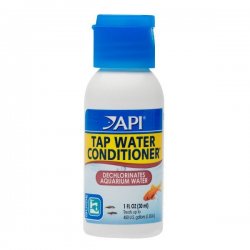Hi I have a 30 litre tank and I need a water conditioner that means I dont have to measure a fraction of a millilitre when I do water changes on approx 15-20 litres.
Any one got any suggestions?
Wills
Any one got any suggestions?
Wills



